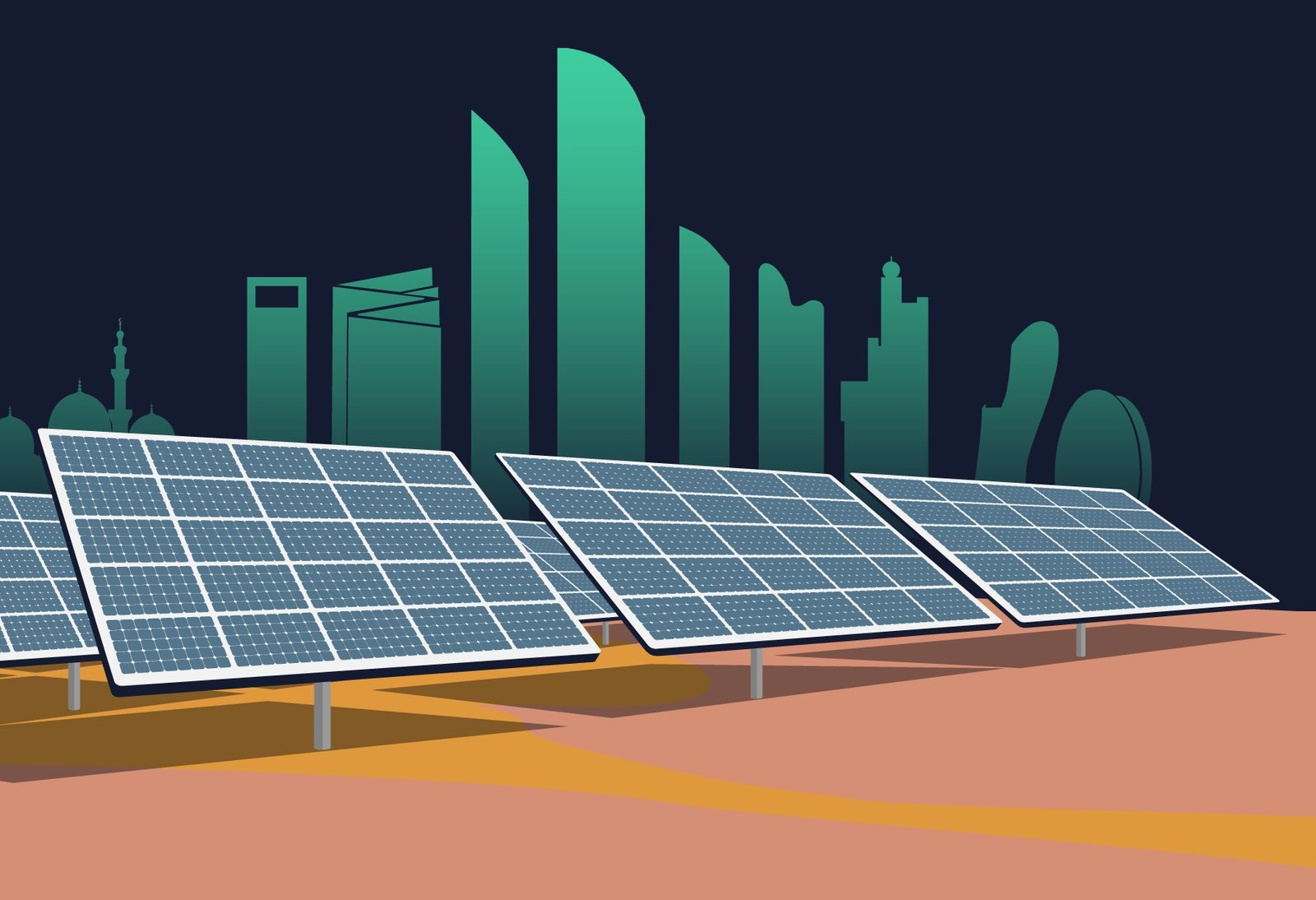Khalid bin Hamad Al-Gnoon has resigned as CEO of the Saudi Electricity Company, effective immediately.
The board has appointed Khalid bin Salim Al-Ghamdi as acting CEO, signaling a new chapter for the state-owned utility.
Al-Ghamdi, who previously held the role of Executive Vice President of Technical Services and served as the Acting Vice President of Risk Management & Compliance, brings a wealth of experience to his new position.
With two decades of cross-functional expertise, Al-Ghamdi has a proven track record in digital strategy, investments, and growth, having worked extensively at Saudi Aramco.
His academic credentials include a bachelor’s degree in systems engineering from King Fahd University of Petroleum and Minerals (KFUPM) and a master’s in information systems from the University of Phoenix, complemented by leadership programs from prestigious institutions like Harvard Business School.
The transition comes less than two years after Al-Gnoon took the helm on June 20, 2022. His appointment followed the resignation of Fahad bin Husseein Al-Suaidiri, who left the company for personal reasons.
Al-Gnoon, who holds an MBA from Dublin University in Ireland, brought over 35 years of engineering and administrative experience to SEC, overseeing its operations during a period of significant change and growth.
Established in 2000 through a merger of regional electricity companies, SEC maintains a monopoly on the generation, transmission, and distribution of electric power across Saudi Arabia.
The company operates 45 power generation plants and has been key in the Kingdom’s energy landscape. In 2019, Forbes ranked SEC as the fifth-largest company in Saudi Arabia and 578th worldwide, reporting total annual sales of $17.1 billion.
The company has undergone major transformations since its inception, including a push toward increased competition in the domestic utilities sector.
In 2009, the Electricity and Cogeneration Regulatory Authority (ECRA) proposed breaking SEC into four separate generation entities, with the National Grid SA established in 2012 to manage the national transmission grid.
Last month, SEC reported impressive financial results for the first half of 2024. Revenue rose by 15.5% year-over-year, reaching SAR 38.2 billion, while net profit surged by 16.6% to SAR 5.2 billion. The second quarter followed suit, with a 13.5% increase in revenue to SAR 22.4 billion and an 8.2% rise in net profit to SAR 4.3 billion compared to the same period last year.
The utility attributes its robust performance to higher regulatory returns, an expanded regulated asset base, and escalating electricity demand. Reduced finance costs and provisions for receivables, alongside improved resource management, have bolstered the company’s financial health, despite rising operating and maintenance costs due to business expansion.
In a proactive approach to future growth, SEC invested SAR 25.1 billion in capital projects during the first half of 2024, reflecting a 62.5% increase year-over-year. Since the start of the year, SEC has also secured nearly SAR 18.5 billion in financing, ensuring the sustainability of its ambitious growth plans.
The company’s creditworthiness received a boost earlier this year when Fitch Ratings upgraded its rating from A to A+, citing improved financial stability and strategic positioning. This rating aligns SEC’s credit standing with the Kingdom’s sovereign rating, as recognized by major credit rating agencies.
SEC aims to expand its power generation capacity significantly, initially targeting an increase from 60 GW to 91 GW by 2020, with plans to more than double this capacity in the long term. This expansion is important for meeting the rising electricity demand in a rapidly developing economy.
In recent years, SEC has been at the forefront of various innovative projects, including collaborations with Taqnia Energy and King Abdulaziz City for Science and Technology (KACST) to establish the first standalone solar power station in Saudi Arabia.





